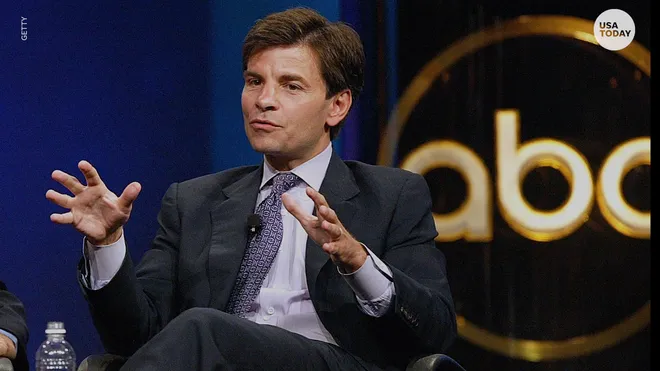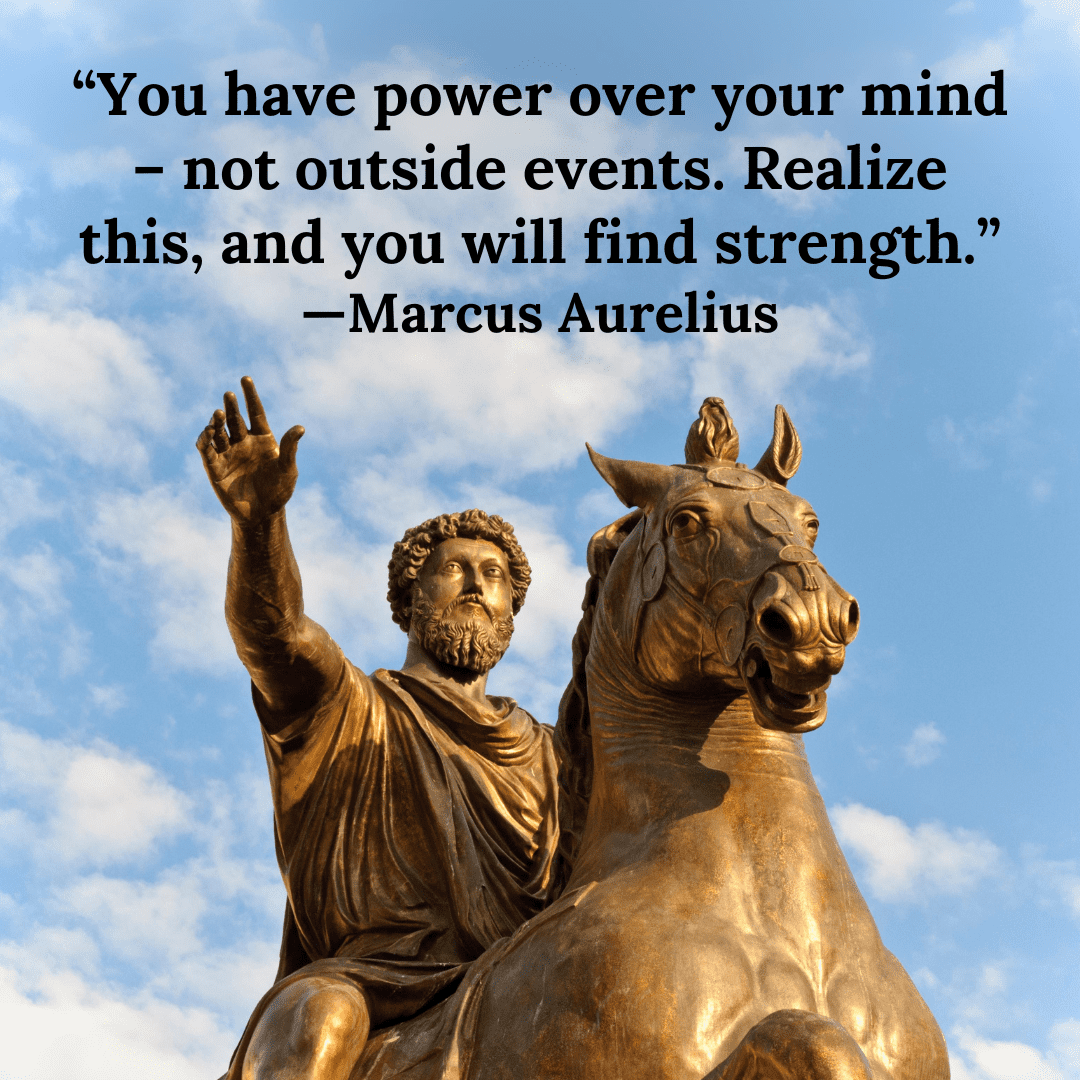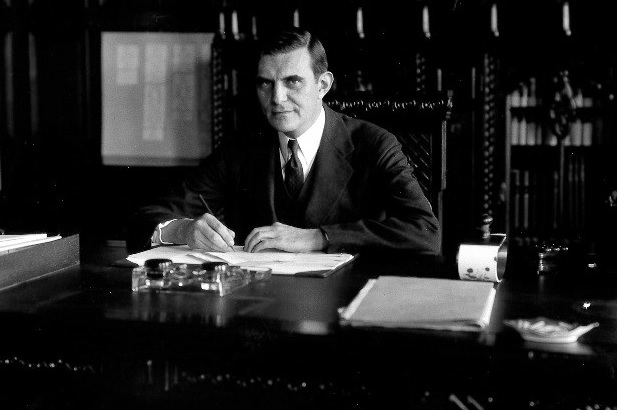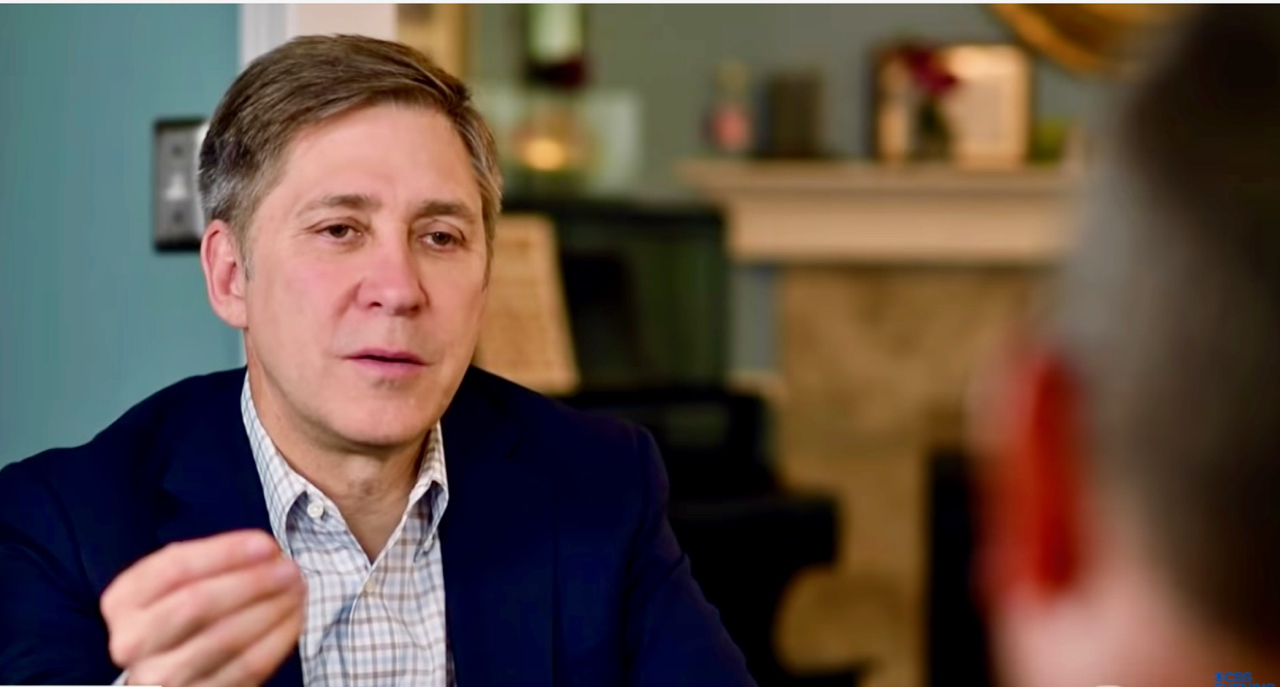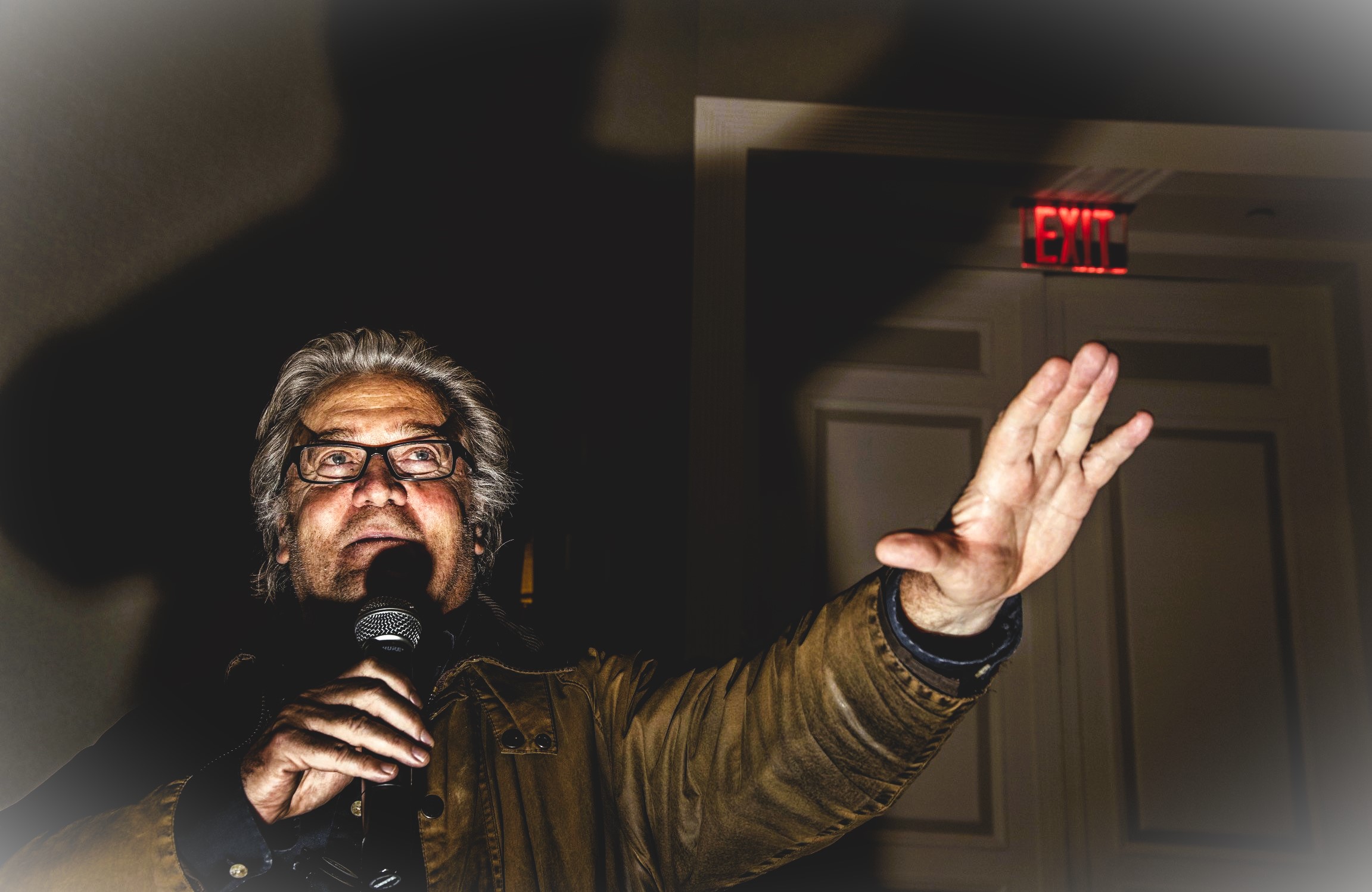What former Republican representative Mickey Edwards proposes in his new book, The Parties versus the People, can be seen by both Democrat and Republican parties as nothing short of heresy for a political system that has benefited them so much in the past. Both parties tightly control the process from primary through general elections, right into congressional committees.

“We cannot go on this way,” Edwards writes. “Democracy requires an openness to diverse opinion and a fostering of vigorous debate. But it also requires that each participant in that debate to use his or her knowledge, experience, and judgment to make decisions for the public – not the partisan – good.”
The system can be reformed, Edwards tells us, but it’s going to require action from a majority of citizens who are fed-up. However, rather than the extreme Tea Party activists, I believe most Americans are looking for a rational and reasonable voice of representation; a voice that demands substantially better from those we have chosen to be leaders.
While Edwards’ steps to a more viable democratic process need to be fully read to be appreciated, here are six, very abbreviated, from his list of ten:
1. Take away the right of the parties to control access to the ballot.
“Under our current political party system,” Edwards writes, “in which political parties – essentially, private power-seeking clubs – are permitted to narrow our choices, most voters, when they go to the polls in November’s general elections, find that their only serious choices have effectively been reduced to Candidate A, the Democrat, and Candidate B, the Republican, both of whom had been deemed sufficiently loyal to their party’s interests to win the endorsement of the activists in those respective clubs. …
“The primaries and nominating conventions [are] open only to party members… [We need] to eliminate the ability of political parties to determine who can run in a general election. We must break the power of partisans to keep candidates off the general-election ballot by creating new systems of open integrated primaries.”
In adopting an open primary, Edwards says, Americans would have greater choice of candidates.
2. Take away the parties’ control over redistricting.
The system of “gerrymandering – shaping congressional districts for partisan advantage – has been part of American political culture since 1812.” …
“All across America,” Maryland Senator Jamie Raskin says, “people are complaining about extremely spliced and diced, curvy-swervy districts where elected officials choose voters before voters choose elected officials.”
“In thirteen states,” Edwards points out, “the drawing of congressional district lines is left to nonpartisan or bipartisan panels…”
The goals for this are straightforward: “One is to provide competitiveness, to ensure that members of Congress and state legislators can be held accountable for their actions… A second goal is that representatives be, well, representative. Communities have commonalities of interest, and the men and women elected to Congress should provide a voice for those common concerns. … The third goal… is to provide for a ‘moderate’ or ‘centrist’ national legislature.”
3. Reduce spending, increase competition.
Two words: Citizens United. “Super-PACs enable money to be funneled into campaigns in unlimited amounts and with no means of identifying the contributors. Corporations may use their corporate treasuries to support political candidates based at least in part on the fiction that corporations are, legally, ‘persons’ even though the very act of incorporation itself, which grants individuals acting within corporations legal immunities that are not otherwise available to [a majority of citizens who are not incorporated].”
“If we cannot control who provides the money, we must make the money less necessary – or surrender the conceit that our political system can be honestly called self-government.”
4. Establish a nonpartisan congressional leadership.
“It is futile to demand less partisanship from an institution that is based on partisanship. In the House of Representatives, the division into warring camps begins in the very first hour of a member’s service.
“Change the leadership structure of congressional committees. The current system of appointment to committees has no basis in the Constitution; it rests solely on procedural rules adopted by the House and Senate. With enough pressure from constituents, those rules can be changed.”
5. Eliminate the trappings of partisanship.
“We have partisanship, incivility, unwillingness to compromise because our system itself is designed to encourage conflict.
“Democracies require vigorous debate and serious consideration of alternatives. In a democracy, conflicts will naturally arise, and as a diverse nation we should celebrate those struggles and the fact that we have the freedom to engage in such strenuous debate. But the system in which we have wrapped our democracy engenders conflict over party label, over which club one belongs to, over who might gain an advantage in the next election. That does not celebrate democracy, it destroys it.”
6. Sign no pledges, stand up to bullies.
“[We should demand] of our lawmakers that they courageously and honestly embrace the responsibilities of thoughtfulness, reflection, and honest appraisal that their oaths promise and self-government requires. …
“The oath of office requires loyalty to the Constitution – not to the president, to a political party, or to any outside organization demanding fealty. No man or woman should enter Congress with divided loyalties. It is time for every candidate to refuse to sign any pledge, or take any oath, other than to ‘fully discharge the duties upon which they are about to enter. So help me God.’”
So how can citizens force a change to the system?
“The fastest way to bring about serious change,” Edwards writes, “in expanding access to the ballot and creating congressional and state legislative districts that allow for the elections of true ‘representatives’ – is by using the citizen initiative to force these changes in state law.” The book’s appendix discusses how to craft a petition and get it on the ballot in your state. It also lists the number of signatures required and deadline for submission.
Yesterday, we saw police, doctors, EMTs, and yes, Republicans and Democrats acting as Americans in facing the devastation of Hurricane Sandy – exactly as Edwards posits. Last night, CNN host Piers Morgan asked Republican New Jersey Governor Chris Christie why, one week before a presidential election, he came out so strongly in support of President Obama’s actions regarding the damage in his state.
“This is much more important than any election,” Christie told Morgan. “This is the livelihood of the people in my state… When the president does things that deserve praise, I will give him praise. And when the president does things that deserve scorn, I’ll give him scorn.”
This is precisely the behavior most Americans want to see from their elected leaders. They just need to learn how to do itwithout a national crisis at hand.
Long Term: Nothing will change without active participation of citizens who are not only fed-up with a process that favors the parties over the people, but has no compelling incentive to change. While leaders in Washington may view Edwards’ proposals as heresy, I see common sense.
The task for the kind of change Edwards lays out is daunting, but he’s hopeful that change can happen, if… “We, the people” care enough to act.
Comments
